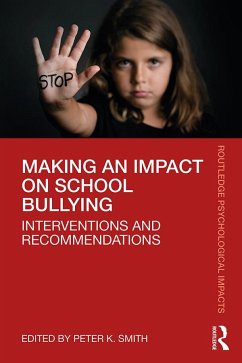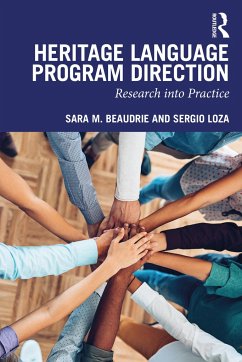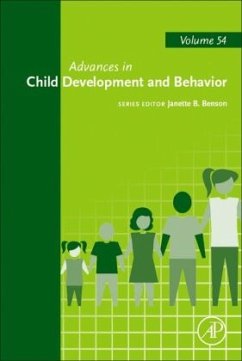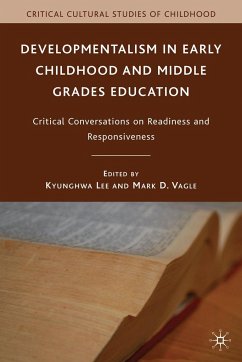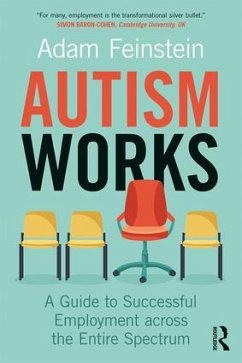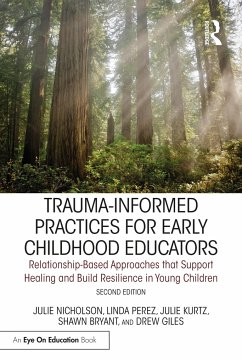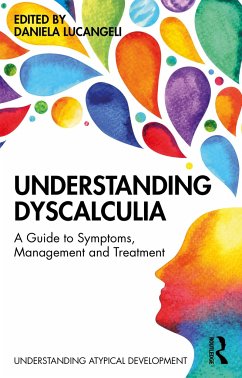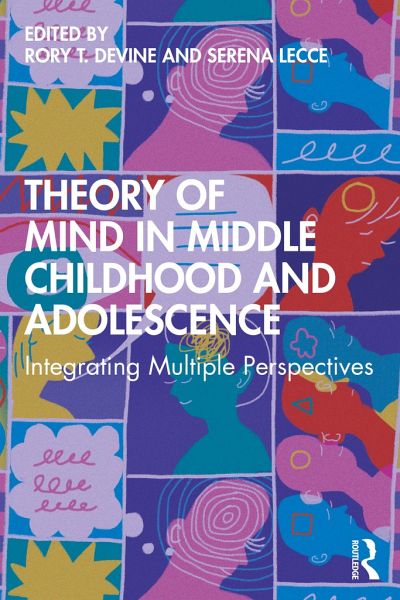
Theory of Mind in Middle Childhood and Adolescence
Integrating Multiple Perspectives
Herausgegeben: Devine, Rory T.; Lecce, Serena
Versandkostenfrei!
Versandfertig in 6-10 Tagen
36,99 €
inkl. MwSt.
Weitere Ausgaben:

PAYBACK Punkte
18 °P sammeln!
This landmark text integrates diverse perspectives on how humans understand others' minds (or 'theory of mind') beyond early childhood into middle childhood and adolescence. It explores how the neural, cognitive, and social changes of middle childhood and adolescence shape the ongoing development of theory of mind, and how theory of mind helps children navigate their lives.Drawing on cutting-edge research from leading international experts, this book provides a survey and analysis of the current state and future direction of the field. It is organized around three themes relating to the key is...
This landmark text integrates diverse perspectives on how humans understand others' minds (or 'theory of mind') beyond early childhood into middle childhood and adolescence. It explores how the neural, cognitive, and social changes of middle childhood and adolescence shape the ongoing development of theory of mind, and how theory of mind helps children navigate their lives.
Drawing on cutting-edge research from leading international experts, this book provides a survey and analysis of the current state and future direction of the field. It is organized around three themes relating to the key issues in contemporary research. The first part focuses on the biological and cognitive bases of theory of mind in middle childhood and adolescence. The second part goes on to explore the social predictors and consequences, considering how theory of mind is shaped by social experiences and, in turn, impacts children's social lives in middle childhood and adolescence. Finally, the third part focuses on theory of mind in the context of neurodiversity, disability, and youth mental health in middle childhood and adolescence.
Offering in-depth understanding for all students and scholars of developmental and cognitive psychology, neuroscience, clinical psychology and psychiatry, and education, this valuable text also identifies an agenda for future scholarship on this exciting topic.
Drawing on cutting-edge research from leading international experts, this book provides a survey and analysis of the current state and future direction of the field. It is organized around three themes relating to the key issues in contemporary research. The first part focuses on the biological and cognitive bases of theory of mind in middle childhood and adolescence. The second part goes on to explore the social predictors and consequences, considering how theory of mind is shaped by social experiences and, in turn, impacts children's social lives in middle childhood and adolescence. Finally, the third part focuses on theory of mind in the context of neurodiversity, disability, and youth mental health in middle childhood and adolescence.
Offering in-depth understanding for all students and scholars of developmental and cognitive psychology, neuroscience, clinical psychology and psychiatry, and education, this valuable text also identifies an agenda for future scholarship on this exciting topic.






